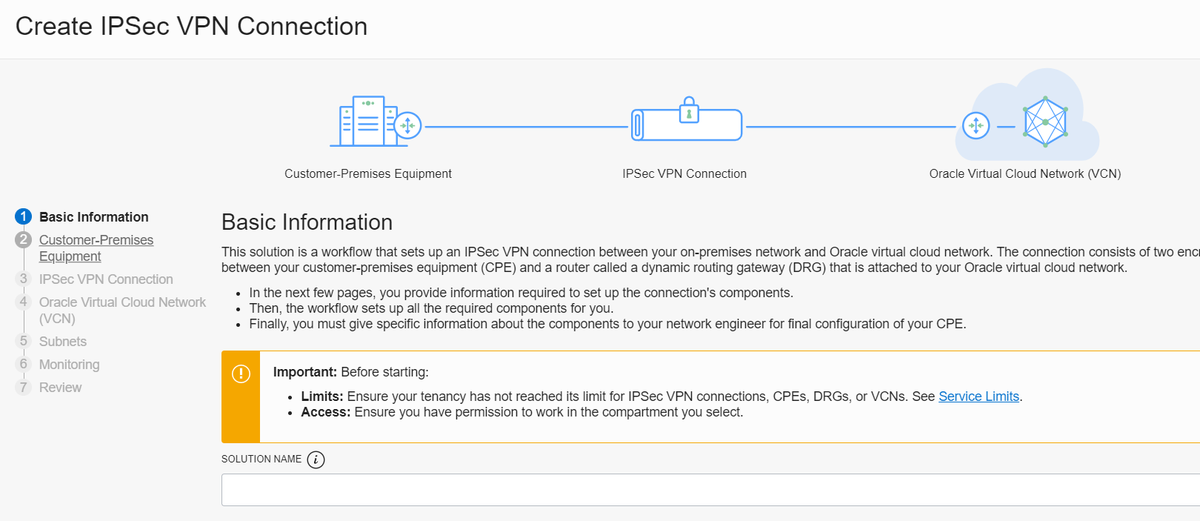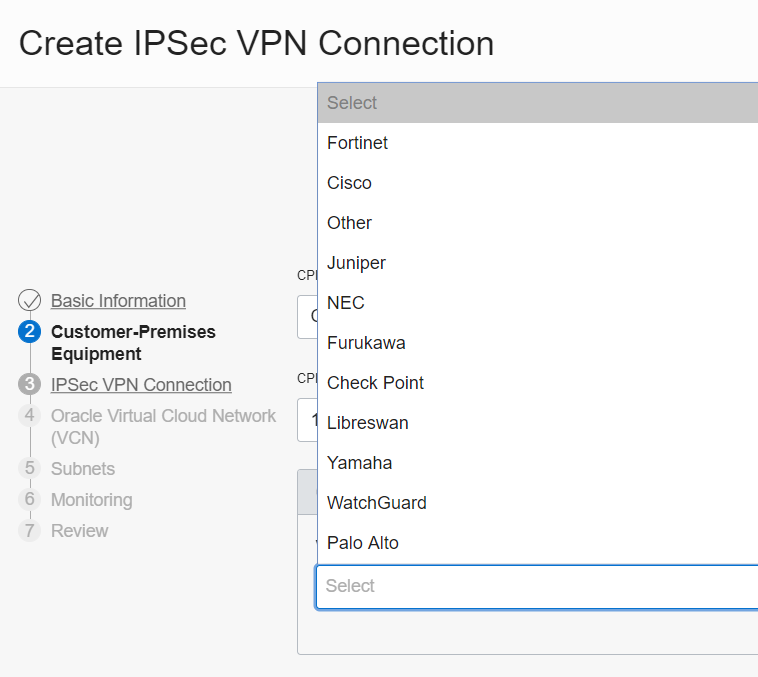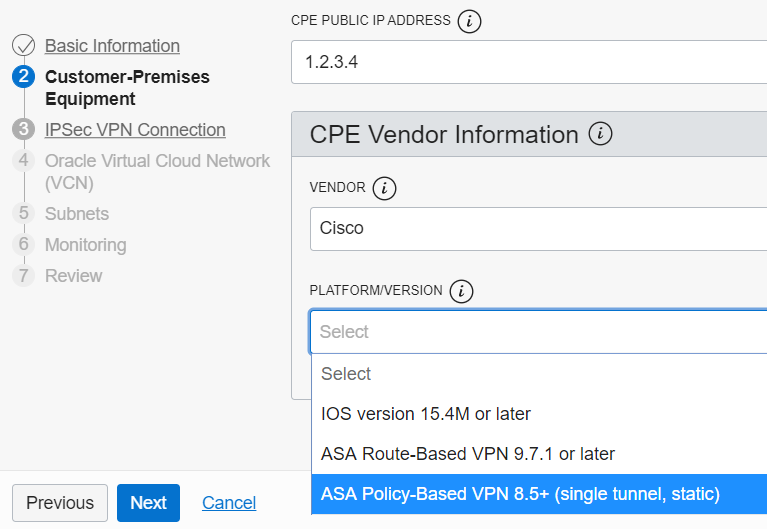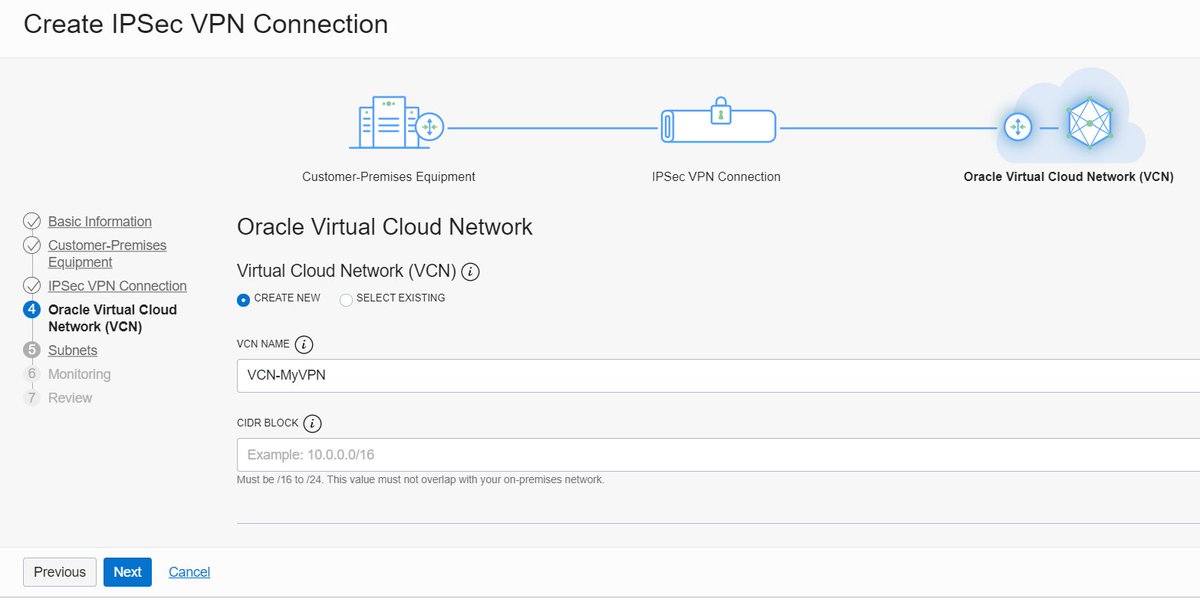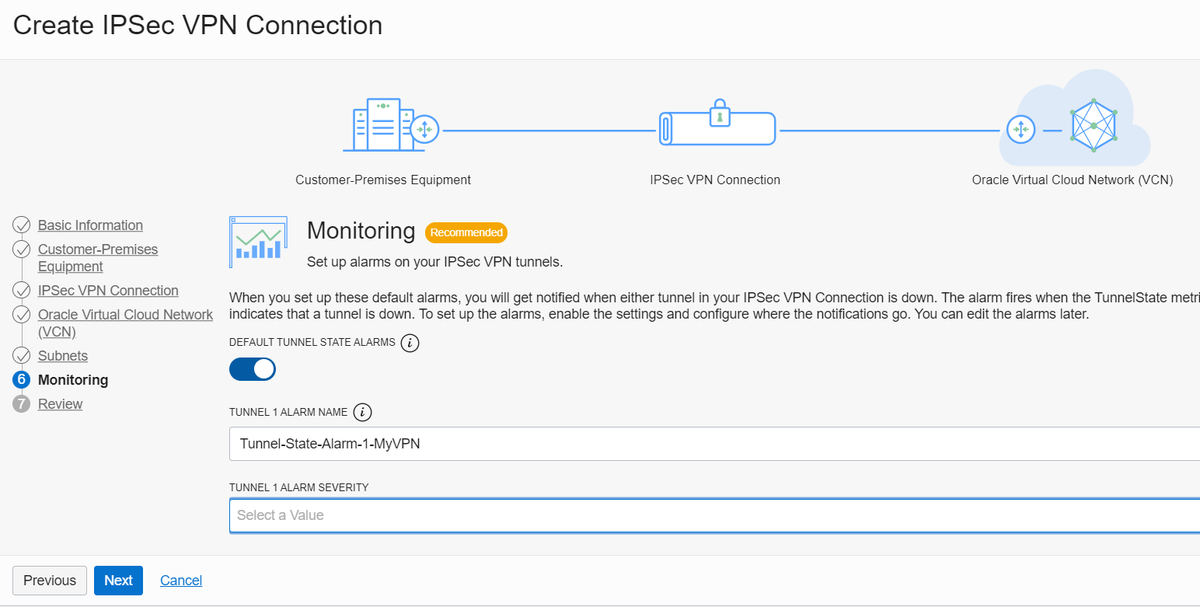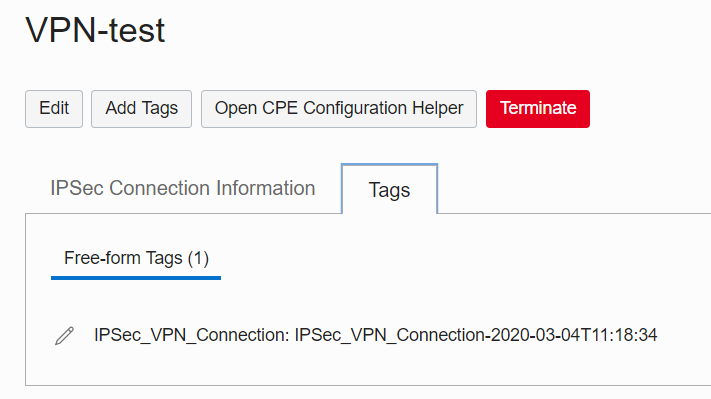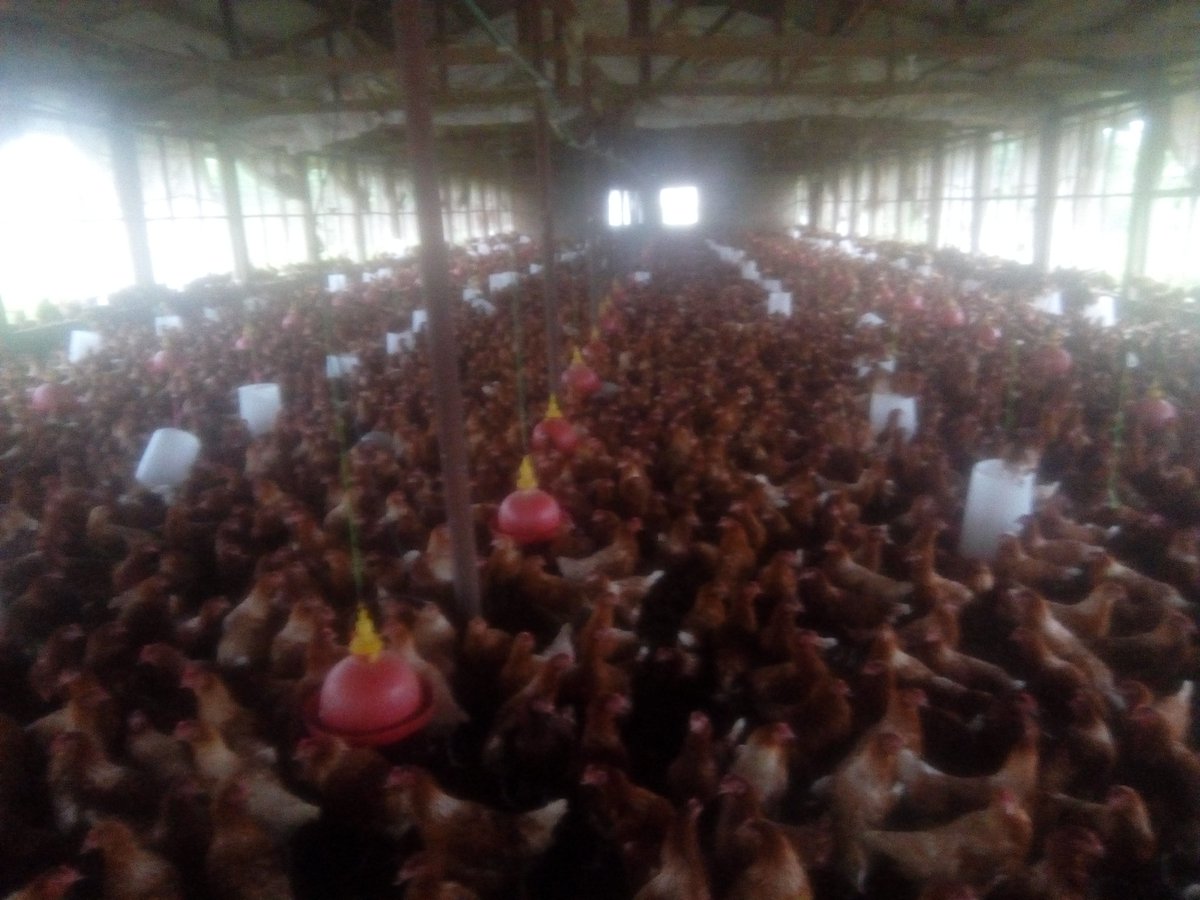Follow me for more 😍
Feedback and suggestions are very welcome. Please comment, share via RT 👍 #oci_design_tweet_by_tweet #oci_tagging
Tagging is the act of putting labels on objects. There is 1:n relation, meaning one object can have many labels applied to it.
We need a key:value structure for better clarity.
The syntax becomes now namespace.key:value
- Freeform Tags are arbitrary key:value pairs,
- Defined Tags are a collection of tags regrouped as namespaces.
#oci_tagging
Freeform Tags are best to use when you don’t have Defined Tags ready yet, just after tenant creation for example. They can also be useful when you want to keep some tags independent from the global tagging strategy and/or avoid any circular dependency.
2️⃣ Make it clear whether a component is created manually or by an automated process.
`Terraformed: <value>`
`Ansibled: <value>`
`Hashipacked: <value>`
That’s it: you can now quickly search for the presence or absence of your watermarks.
`Automation: Terraformed/Ansibled/xxx`
`ConfigMgmt: Chef/Puppet/Salt/Tower`
This second solution may be more suited for a defined tag namespace.


